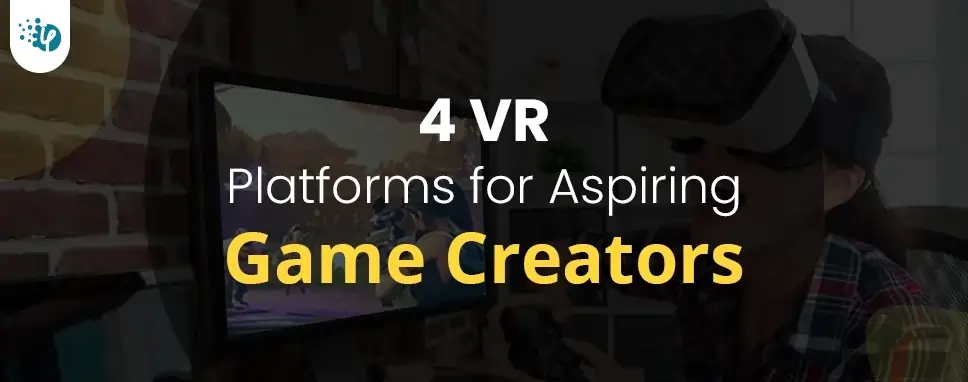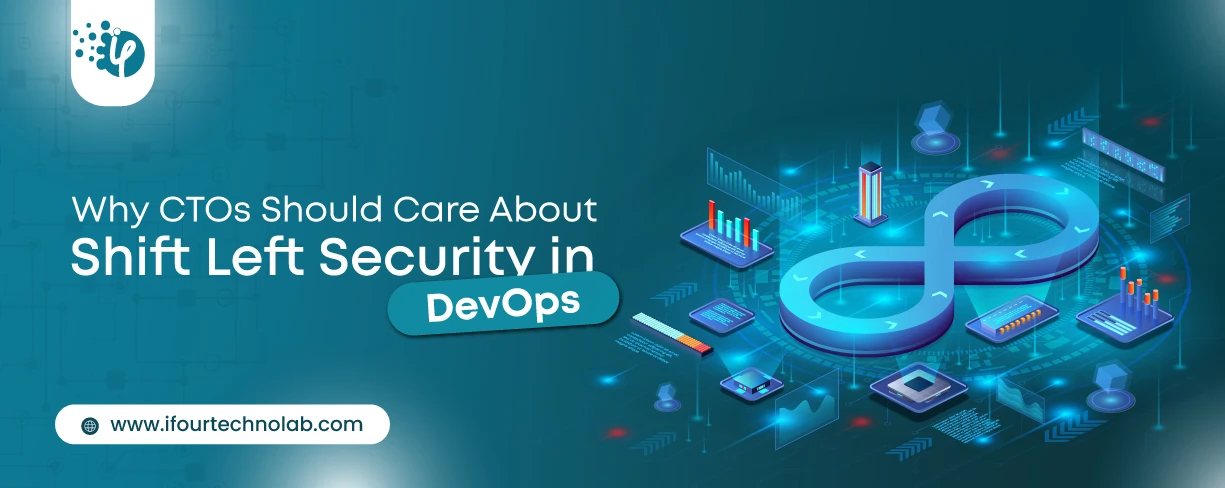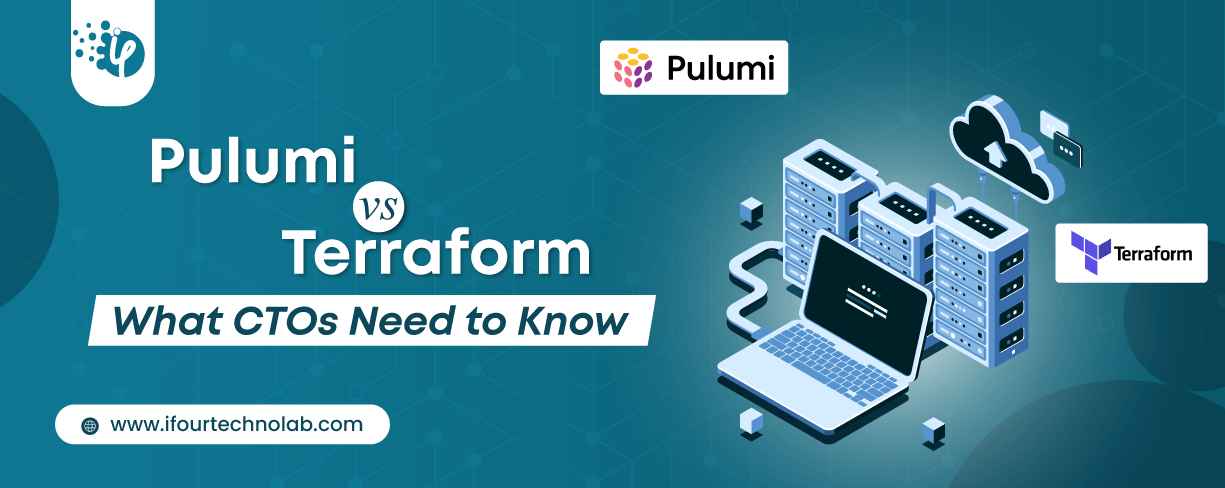How to Do Forecasting in Power BI (Steps & Accuracy Metrics)
Remember our last guide - Power BI forecasting? It revealed things that truly blocks accuracy, both structural and situational. Now it's time to take the next step. Knowing Power...
Listening is fun too.
Straighten your back and cherish with coffee - PLAY !

VR is so valuable to marketers because it strongly connects with the customer and is increasingly becoming a social experience. VR immerses consumers in a wholly unique fashion that renders them to the projections of a virtual world.
In that space, consumers are spirited away to all sorts of destinations and worlds that offer them unique experiences and interactions. This gives VR design a very lasting impact on the consumer as the visceral nature of virtual reality tends to stick with the users of technology for a while. This allows marketers to create and push a brand story that is engaging and memorable.
Virtual reality isn’t just a play toy for hardcore gamers. It’s a new medium bursting with potential. By its very nature, VR is incredibly immersive. It’s a visceral experience unlike any other modern media can provide. By leveraging the staying power of VR, marketers can wrest control of their brand story, creating entirely curated brand experiences that have a lasting impact on users.
Making a real connection with your audience is essential if you want to create a solid brand. It can be hard to make a brand feel authentic and real, especially with online marketing campaigns.
The New York Times has experimented with creating more visceral journalistic pieces through VR tech, providing readers with transformational experiences that literally transport them to the arid deserts of war-torn Syria, the technicolor world of luchadores, and the subdued, lilting environments of a musical prodigy. All of these stories were brought to life, instantly connecting New York Times subscribers with the story and the newspaper’s brand.
Creating content is one of the trickiest aspects of inbound marketing. Providing your customers with real, substantive content is quite hard, especially in such a crowded space. With VR, however, creating a novel experience is much easier to construct, giving writers, designers, and storytellers greater creative freedom.
Most notably, designers have an entire three-dimensional space to work with. They aren’t constrained by typical budgetary concerns, either. Constructing a three hundred-foot dragon doesn’t cost as much in VR as it does in real life, incidentally. Imagination is truly the only limit placed on designers. They may even be able to create in a 3D space, like in the VR game creator software, Dreams, allowing for designers to create intuitively.
Virtual reality and augmented reality are already carving out space within social media. Facebook has launched its experimental social VR space and several apps have already implanted a completely functional social VR network, where users can hang out and watch movies together using avatars.
Augmented reality is already mainstream in the social media world. Providing Snapchat users with moving filters, TikTok creators with superimposed characters, and Instagram influencers with snazzy film effects.
Brands can take considerable advantage of this by interacting with their audience in a new and different way that can reshape and mold your brand into something new or better. Without creative constraints, designers and writers can create much more engaging experiences that draw in customers to keep them entertained and listening.
The true storytellers of the marketing profession have had incredible success with VR campaigns that knock their demos out of the park with exciting and awesome virtual events. Most importantly, the increasing value of VR to marketers also comes from its integration into social platforms that allow multiple users to connect in a shared virtual world.
Social VR is a powerful technology and is slowly starting to shape the way that users interact with their social media altogether. This gives marketing teams the unique advantage of being able to create intense VR experiences for multiple users simultaneously. VR is an incredibly powerful technology that, when utilized correctly, can completely change the marketing game for your brand.
The VR development platforms on the market today offer enough distinct variety to allow developers to create whatever they might imagine without limitations. Within these platforms, developers can create games, movies, and other interactive experiences utilizing a full range of ever-evolving VR technology.
Aspiring game developers are in special luck as VR technology is especially powerful through the interactive entertainment format and so are the development platforms themselves.
Oculus Rift offers the best in VR gaming power. developers who want to create the best-looking VR games possible know that they must use the PC VR platforms to achieve that goal, even at the risk of losing market share. VR developers today have the resources and tools available to make incredible games with powerful hardware without breaking the budget.
Here are the top four VR platforms for aspiring game developers and designers:
Unity is one of the most popular 2D in a 3-D interactive media programming platform. Users can make movies, games, and interactive environments with three-dimensional, two-dimensional, and fixed perspective three-dimensional games. Users can make fully scripted scenes, games replete with branching quests and winnable levels, and exploitable landscapes without shelling out any cash at all.
Unity is one of the preferred platforms for game development. It’s an open-source platform that’s free to download and has loads of free toolkits, templates, and addons that can help speed up development, enhance aspects of programming, and level up to the technical performance.
A virtual reality starter project is prepackaged in Unity’s standard build. Adding free assets or purchasing premium ones can help make your VR project look and feel like a polished enterprise project.
Unreal is another development platform that is preferred for game developers and game designers and creators. Just like Unity, it can be downloaded for free. Akin to Unity, if you’re selling something you produce within Unreal, then you may have to pay Unreal some royalties. It’s a low amount, no more than 15 percent of your gross profit, but it’s important to note before you commit to the Unreal Engine.
Unreal, unlike Unity, doesn’t have too many free toolkits, game assets, or templates. You’ll have to shell out some extra cash if you want to leverage Unreal’s extremely powerful and versatile engine.
The OpenVR SDK is a development kit for PC developers. That means, if you have an HTC Vive or Oculus Rift, for example, you’ll want to use this open-source toolkit to publish your game on Steam or any other PC VR gaming store.
OpenVR is another option for developers who want to create fully open-source experiences that are easily moddable and shared. Many VR game developers recognize the risk of the technology along with the rewards and work diligently to create powerful VR tech that is free to use.
OpenVR is compatible with most editors and engines, so it likely can be appended into your IDE.
VRTK is a virtual reality toolkit that makes developing virtual reality experiences much easier. It also expands what you can do by adding essential VR functionality by providing VR-specific libraries and API comparability.
VRTK is a useful set of scripts that can be easily appended to your Unity project environment, making it easy to implement in existing projects and development environments.
Unity and Unreal, for instance, offer a full breadth of development tools that make creating a VR experience as simple as dragging and dropping. Unity, specifically, has an entire host of open-source assets and packages that seamlessly blend to form incredible VR experiences that only need a creative voice to make stand out.
Both Unity and Unreal have phenomenal communities and support systems that help even the most novice developers to create masterful games. Unreal comes with its powerful engine and a reputation that precedes it, if only by a mark.
Even so, developing VR on the platform is made simple thanks to a robust engine and quality assets that favor new developers without a ridiculous cost. Unity and Unreal are powerhouse platforms that are capable of concocting extravagant VR games.

Remember our last guide - Power BI forecasting? It revealed things that truly blocks accuracy, both structural and situational. Now it's time to take the next step. Knowing Power...

Security has always been a major concern. Your company spends millions on cybersecurity tools, and guess what? You’re still vulnerable. When you're working in the cloud, especially...

Automation isn’t just a trend anymore. It’s a must-have for any business relying on the Cloud. As the firm grows, cloud infrastructure gets more complex. So, choosing the right Infrastructure...